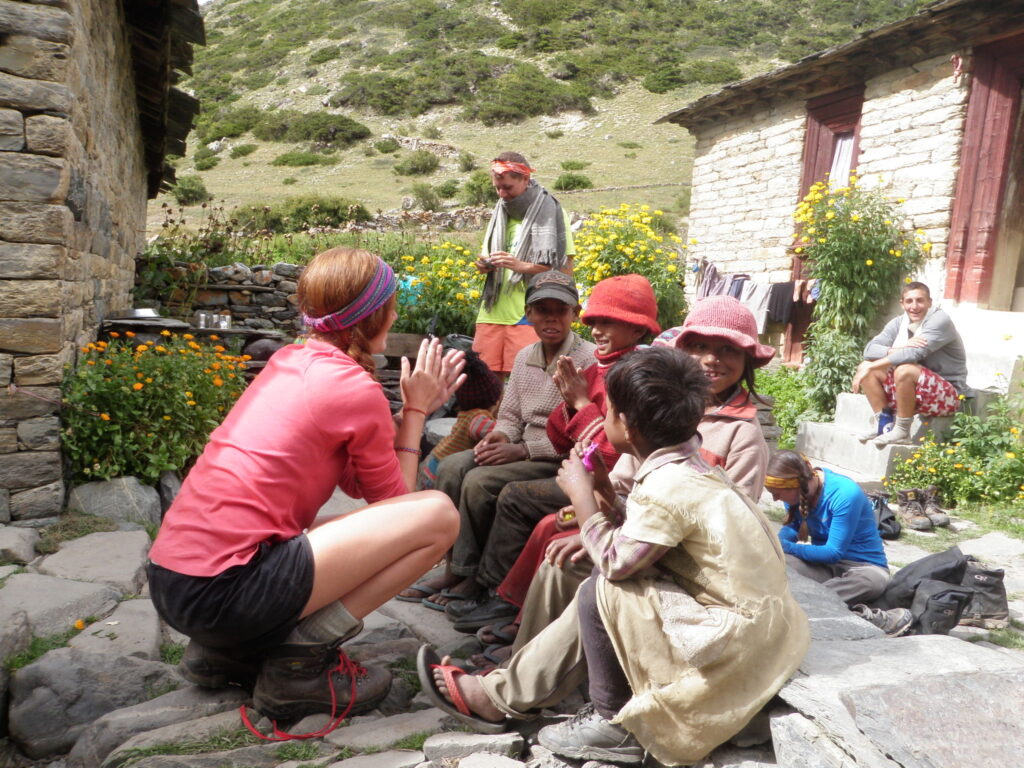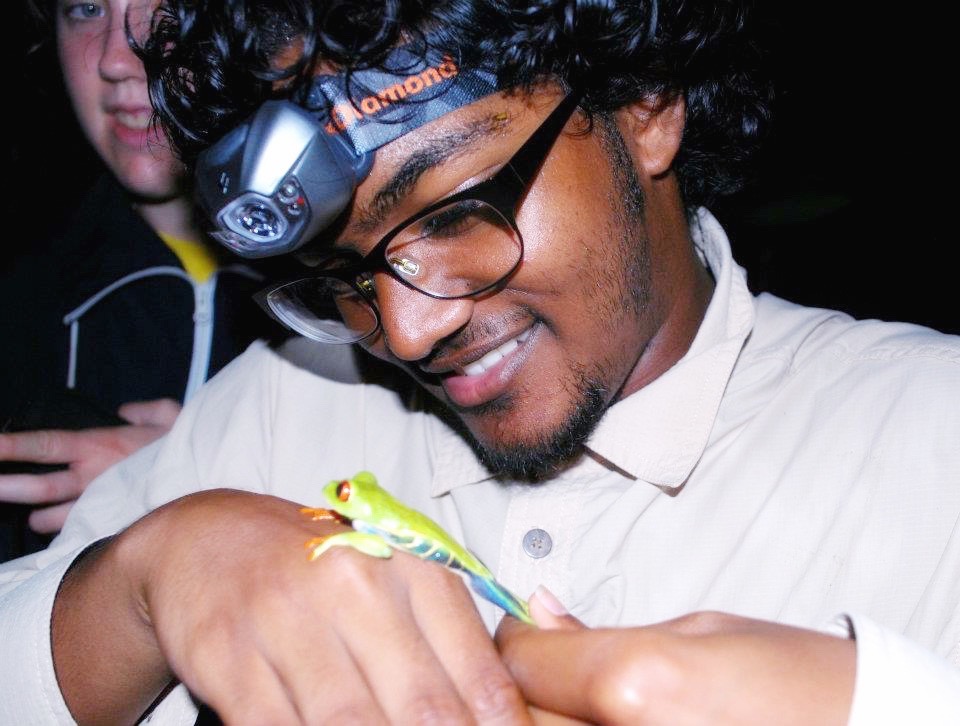Meet the Subjects
In 2011, Elizabeth Brenner’s 20-year-old son Thomas and classmates hiked unsupervised through narrow, slippery trails and steep cliffs. The students were underfed and exhausted. Thomas slipped, falling 300 feet into a river. His body was never found. One year later, during a class outing to a beach in Costa Rica, an area where even locals didn’t swim, two students were pulled into a rip current. One student was saved, but Ros Thackurdeen’s 19-year old son Ravi drowned, his body recovered by his family two days later.
Each mom naively believed what happened to their sons was a rare incident. After all, the schools connected to Thomas and Ravi’s deaths include University of Utah, Swarthmore College and Duke University. Yet the moms quickly learned of hundreds of other cases and that there is no central database of student deaths or injuries, making evidence-based prevention measures impossible. Fueled by love and in honor of their sons, Brenner and Thackurdeen formed Protect Students Abroad to track student safety incidents abroad and use that data to promote awareness among families about the risks and persuade universities and lawmakers to enact legislation protecting students abroad. But for these two moms, unschooled in the world of political maneuvering, it’s been an uphill battle.
An ally, Congressman Sean Patrick Maloney, introduced transparency legislation called the Ravi Act, saying “Right now, it’s buyer beware. We need accountability so parents and students can make informed decisions and keep our kids safe.” But the moms’ mission faces many obstacles and some powerful foes.
We follow the moms working through their personal loss, visiting with other victims and confronting university leaders and lawmakers on on Capitol Hill. Among the other families that will be featured in the film is the family of Jasmine Jahanshahi and the lone survivor of a tragic fire that claimed the lives of five exchange students in Paris. Jasmine’s engineer father Reza designed a portable smoke detector for students abroad but universities have refused to use them for fear of liability.



